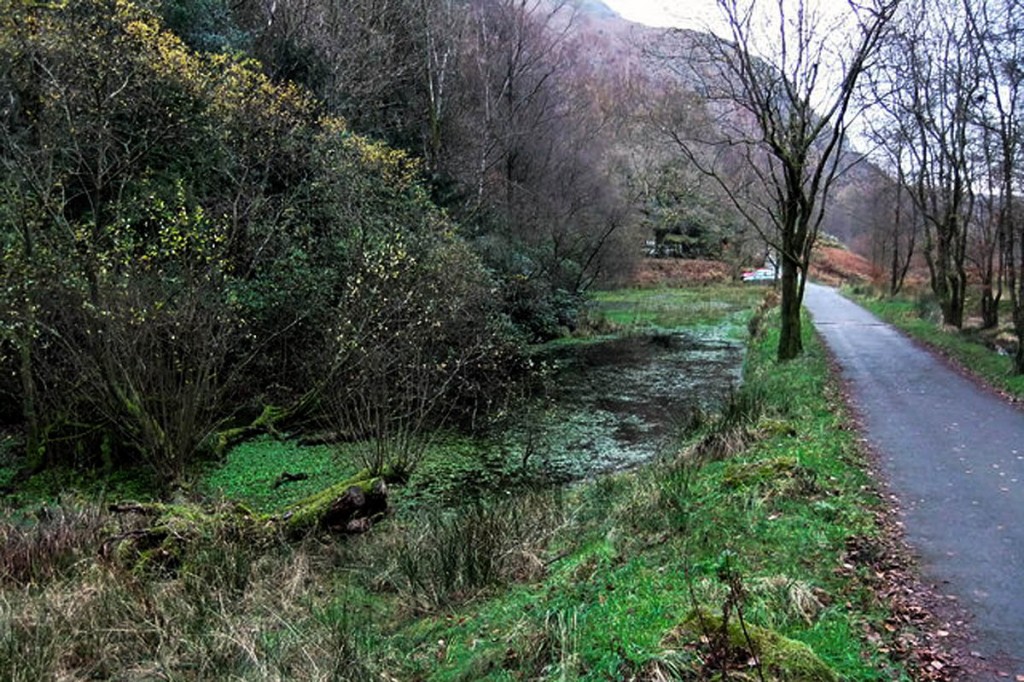Outdoor campaign groups have welcomed an inspector’s decision to refuse an appeal that would have allowed a ‘visitor hub’ to be built on common land in the Lake District.
Jim Lowther, brother of the Earl of Lonsdale, took the case for the commercial development at White Moss to a public inquiry.
The Lowther Estate wants to build the centre, which would also include a catering facility, retail outlet and bike hire shop, at the site between Rydal and Grasmere.
The Open Spaces Society, which objected to the development, along with Friends of the Lake District and the Federation of Cumbria Commoners, said, because the works would be sited on common land, the estate needed consent from the Secretary of State for Environment, Food and Rural Affairs, as well as planning permission.
The Lake District National Park Authority had refused planning permission and the estate appealed. The Planning Inspectorate held a public inquiry into the planning appeal and commons application in August.
The public inquiry inspector Philip Major said the proposals would be likely fundamentally to change the nature of the immediate surroundings, and would establish a commercial enterprise in a currently unspoilt location.
He said: “The landscape of the area is famously beautiful. The intensification of use together with the commercial element of the proposals would be detrimental to the rural countryside ambience.
“The building would be out of character with the surroundings and in my judgement would cause significant harm to the landscape.”
The OSS said the inspector was concerned the development would encourage people to congregate in an area which currently only attracts those wishing to use the small-scale facilities, seriously altering the nature of the surroundings with a harmful impact on the ambience of the woodland.
He considered that the development breached various planning policies and said: “It is worth remembering that where there is conflict between national park purposes there should be a greater weight attached to the purpose of conserving and enhancing the natural beauty, wildlife and heritage of the national park.”
Ian Brodie, who represented the Open Spaces Society at the public inquiry, said: “We are delighted that the inspector so roundly rejected the proposals. He upheld the values of national parks and recognised the special character of common land and its importance to our finest landscapes.
“We hope that the result will send a clear message to the landowner and others who have the duty of stewardship for common land that commons are not suitable for places for commercial developments.”
Laura Fiske, planning officer for the Friends of the Lake District, said: “The proposed developments would have formalised a relatively wild landscape in the open countryside, introducing inappropriate built features and levels of use which would have altered the character of the area and limited the opportunities for tranquil reflection which are currently enjoyed at White Moss.
“We are particularly encouraged by the inspector’s recognition of the importance of the national park designation in this case and the principle that where there is a conflict between national park purposes there should be greater weight attaching to the purpose of conserving and enhancing the natural beauty, wildlife and heritage of the national park.
“We are very pleased with this decision. Friends of the Lake District would like to thank those members who took the time to submit representations to the original applications and to the planning inspectorate as part of the appeals process.”
